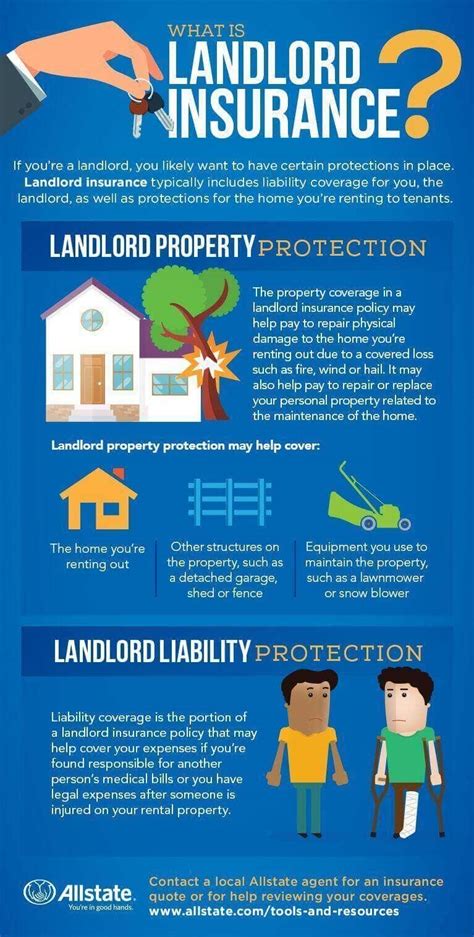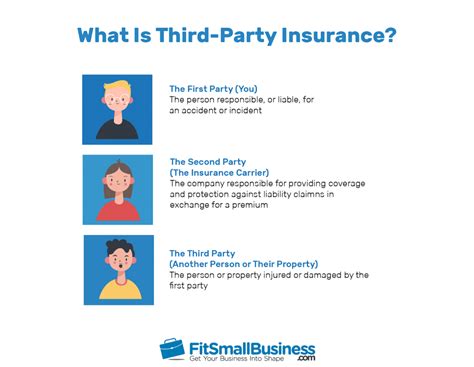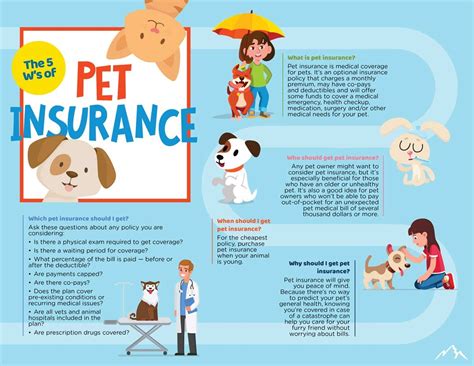Learn about the definition, importance, types of coverage, premium factors, and claims process in marine insurance. Essential information for maritime business owners.
Definition of Marine Insurance
Contents
Marine insurance can be defined as a type of insurance that provides coverage for the loss or damage of ships, cargo, terminals, and any transport or cargo by which property is transferred, acquired, or held between the points of origin and final destination.
Marine insurance is a crucial aspect of international trade and commerce, as it provides protection against the risks and uncertainties involved in the transportation of goods and merchandise across the sea. The main purpose of marine insurance is to mitigate the financial impact of any unforeseen events that may cause loss or damage to the insured property during transit.
There are various types of marine insurance policies that are tailored to meet the specific needs and requirements of the insured parties, such as hull insurance, cargo insurance, freight insurance, and liability insurance. These policies are designed to cover different aspects of marine-related risks and liabilities, providing comprehensive protection for the insured parties.
The concept of marine insurance dates back to ancient times when merchants and traders sought to protect their goods and merchandise from the perils of the sea. Over the years, marine insurance has evolved to become an integral part of the global shipping and logistics industry, playing a crucial role in facilitating international trade and commerce.
Importance of Marine Insurance
Marine insurance is a crucial aspect of protecting assets and investments for businesses involved in import/export, international trade, or shipping.
One of the key importances of marine insurance is that it provides financial protection against potential loss or damage of cargo during transit.
Furthermore, marine insurance also plays a vital role in ensuring that businesses can continue their operations without significant financial setbacks in the event of unforeseen circumstances such as accidents, natural disasters, or theft.
By providing coverage for various risks associated with the transportation of goods by sea, marine insurance helps to safeguard the financial stability and continuity of businesses involved in international trade and shipping.
In conclusion, the importance of marine insurance cannot be overstated, as it serves as a critical risk management tool for businesses engaged in maritime activities, offering financial protection and peace of mind in the face of potential adversities.
Types of Marine Insurance Coverage
When it comes to marine insurance, there are several types of coverage available to protect various aspects of the maritime industry. Hull Insurance is a common type of marine insurance that covers the actual vessel itself, including the hull, machinery, and equipment. This type of coverage is essential for shipowners to protect their investment in the event of damage or loss. Cargo Insurance is another important type of marine insurance that provides protection for goods being transported by sea. This coverage can protect against damage, theft, or loss of cargo during transit.
Another important type of marine insurance coverage is Liability Insurance, which protects shipowners and operators from legal liabilities that arise from their operations. This can include coverage for pollution, collision, and personal injury claims. Freight Insurance is a type of marine insurance that covers the loss of freight revenue in the event that a shipment is delayed or lost during transport. This type of coverage is essential for shippers and carriers to protect their financial interests.
Protection and Indemnity Insurance (P&I) is a specialized type of liability insurance that is specific to the maritime industry. It provides coverage for a wide range of liabilities, including crew injuries, pollution, and collision damage. Builder’s Risk Insurance is a type of marine insurance that covers the construction or repair of vessels. This coverage can protect against damage, theft, or loss of the vessel during the construction process.
War Risk Insurance is a specialized type of marine insurance that provides coverage for vessels operating in areas of geopolitical risk. This can include coverage for damage or loss due to acts of war, piracy, or terrorism. Overall, the various types of marine insurance coverage provide essential protection for the maritime industry, ensuring that all aspects of the industry are safeguarded against the risks and perils of the sea.
Factors Affecting Marine Insurance Premiums
Marine insurance premiums are influenced by various factors that determine the level of risk involved in insuring a particular vessel or cargo. One of the key factors affecting marine insurance premiums is the value of the insured property. The higher the value of the vessel or cargo, the higher the risk for the insurer, resulting in increased premiums. Additionally, the type of vessel and its intended use also play a crucial role in determining the insurance premiums. For example, a large commercial ship may be exposed to more risks compared to a smaller recreational boat, leading to higher premiums.
Another significant factor affecting marine insurance premiums is the level of coverage required. Vessels or cargo with extensive coverage, such as protection against piracy or war risks, will command higher premiums due to the increased risks involved. Moreover, the operating area of the vessel can impact insurance premiums, as vessels operating in areas prone to natural disasters or political instability may face higher risks, leading to elevated premiums.
The claims history of the insured party also plays a crucial role in determining marine insurance premiums. A history of frequent claims or large payouts can signal higher risk for the insurer, resulting in higher premiums for the policyholder. Lastly, the experience and track record of the vessel’s captain and crew can influence insurance premiums, as a skilled and experienced crew can reduce the likelihood of accidents and claims, leading to lower premiums.
Claims Process in Marine Insurance
Marine insurance claims process can be complex and daunting, but understanding the claims process is key to ensuring that you receive the compensation you deserve. When a claim is made, the first step is to notify the insurance company of the loss. You will need to provide all relevant details of the event, including the date, time, and location of the incident, as well as any relevant documentation such as a police report or survey report.
Once the claim is reported, an adjuster will be assigned to investigate the loss. The adjuster will assess the damages and determine the cause of the loss, in order to determine the validity of the claim. In some cases, the insurance company may also appoint a surveyor to assess the damages, particularly for larger or more complex claims.
If the claim is approved, the insurance company will then determine the amount of compensation to be paid. This will be based on the terms of the insurance policy, as well as the findings of the adjuster and/or surveyor. The compensation amount will cover the cost of repairs or replacement of the damaged or lost items, as well as any other relevant expenses such as salvage costs or loss of use.
Once the compensation amount is determined, the insurance company will issue a payment to the policyholder. It is important to review the terms of the settlement to ensure that it is fair and in accordance with the policy terms. If there are any discrepancies or disputes regarding the claim, it may be necessary to engage in further negotiations or even resort to legal action.
Understanding the claims process in marine insurance is essential for policyholders to ensure that they receive fair and timely compensation in the event of a loss. By being proactive and knowledgeable about the claims process, policyholders can navigate the complexities of marine insurance claims and protect their financial interests.












